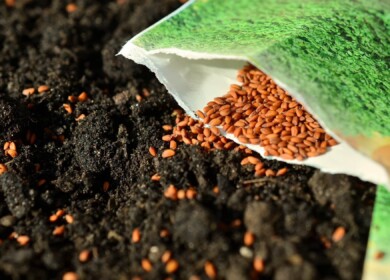FAO launches new action plan to bolster biodiversity in agricultural sectors

On the International Day for Biological Diversity 2024, the Food and Agriculture Organization (FAO) of the United Nations highlighted the essential role of biodiversity in sustaining diverse agrifood systems. The FAO launched an updated action plan to integrate biodiversity across agricultural sectors and announced several new biodiversity-related projects.
FAO Director-General QU Dongyu, in a video message, underscored that biodiversity is foundational to future food diversity, supporting everything from pollinators to micro-organisms in soils and underpinning the livelihoods of farmers, fishers, forest managers, and other workers globally.
This year’s theme, “Be Part of the Plan,” supports the implementation of the Kunming-Montreal Global Biodiversity Framework, adopted in December 2022. FAO’s initiatives are pivotal, as agrifood systems can offer scalable solutions to preserve, restore, and sustainably use biodiversity.
FAO advocates for sustainable agricultural practices that protect biodiversity and enhance ecosystem resilience, thereby reducing biodiversity loss. The organization collaborates with governments, civil society, and the private sector to embed biodiversity considerations into food and agricultural policies and programs.
The 2024–27 Action Plan for Implementing the FAO Strategy on Mainstreaming Biodiversity focuses on minimizing agricultural practices’ negative impacts on biodiversity, promoting sustainable practices, and conserving and restoring biodiversity. The plan includes supporting countries in implementing the Kunming-Montreal Global Biodiversity Framework and features the FAO Biodiversity Knowledge Hub, which provides access to over 350 tools and resources on biodiversity.
Earlier this month, FAO’s project concepts for the Democratic Republic of Congo, Palau, and Samoa became the first approved under the Global Environment Facility’s Global Biodiversity Framework Fund. This fund aims to mobilize investment to help nations, particularly Small Island Developing States and Least Developed Countries, meet biodiversity targets. These projects, totaling over $7.8 million with $14.2 million in co-financing, will support Indigenous Peoples in conserving biodiversity and enhancing natural resource stewardship.
FAO’s State of Food Security and Nutrition in the World report reveals the urgency of using biodiversity sustainably amid climate change uncertainties. With up to 783 million people suffering from chronic hunger and significant malnutrition issues globally, biodiversity’s role in food security is crucial. Key facts include that 95 percent of global food production depends on soil, about 50,000 wild species are used for various purposes, 35 percent of crop production depends on animal pollinators, coral reefs are vital for 25 percent of marine species, and about 8,800 livestock breeds are used in food and agriculture, with 28% at risk of extinction.
Enjoyed this story?
Every Monday, our subscribers get their hands on a digest of the most trending agriculture news. You can join them too!













Discussion0 comments